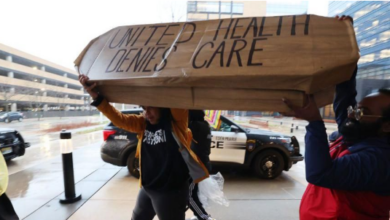Positive Impact of Basic Income Study on Homeless Individuals in California

A group of slightly over 100 homeless individuals in Los Angeles County and the San Francisco Bay Area participated in a groundbreaking study where they received $750 per month for a year, with no strings attached. The recently unveiled results from the study’s first six months, conducted by the San Francisco-based nonprofit Miracle Messages and the USC Suzanne Dworak-Peck School of Social Work, shed light on the positive effects of basic income and social support interventions.
According to the study, recipients of the $750 monthly stipend demonstrated a decreased likelihood of remaining unsheltered, moving them closer to meeting all their basic needs compared to a control group accessing traditional homeless services. Notably, the majority of the stipend, 36.6%, was allocated to food during the initial six months.
Housing accounted for nearly 20% of the spending, followed by transportation at 12.7%, clothing at 11.5%, healthcare at 6.2%, and other unclassified expenses at 13.6%.
Contrary to stereotypes, the study dispelled the myth that individuals would misuse the funds. Only about 2% of the $750 per month was spent on alcohol, cigarettes, or drugs, with a significant portion dedicated to cigarettes. Ben Henwood, who led the study and directs the Center for Homelessness, Housing, and Health Equity Research at the USC Suzanne Dworak-Peck School of Social Work, emphasized the empowerment of individuals to address their unique needs.
Recipients shared their experiences, with one using the money to “catch up on bills” and cover a crucial car repair, while another reported spending “a lot of the money on food on the go.”
Over the six-month period, the proportion of people reporting being unsheltered decreased significantly, from 30% at the start of the trial to under 12% in the follow-up. The control group also experienced a small decrease, from 28% to 23%.
The study’s positive outcomes add to a growing body of evidence supporting the efficacy of basic income initiatives. Similar experiments in different locations, such as Durham, North Carolina, have shown positive results, with guaranteed income leading to increased employment and housing rates among recipients.





